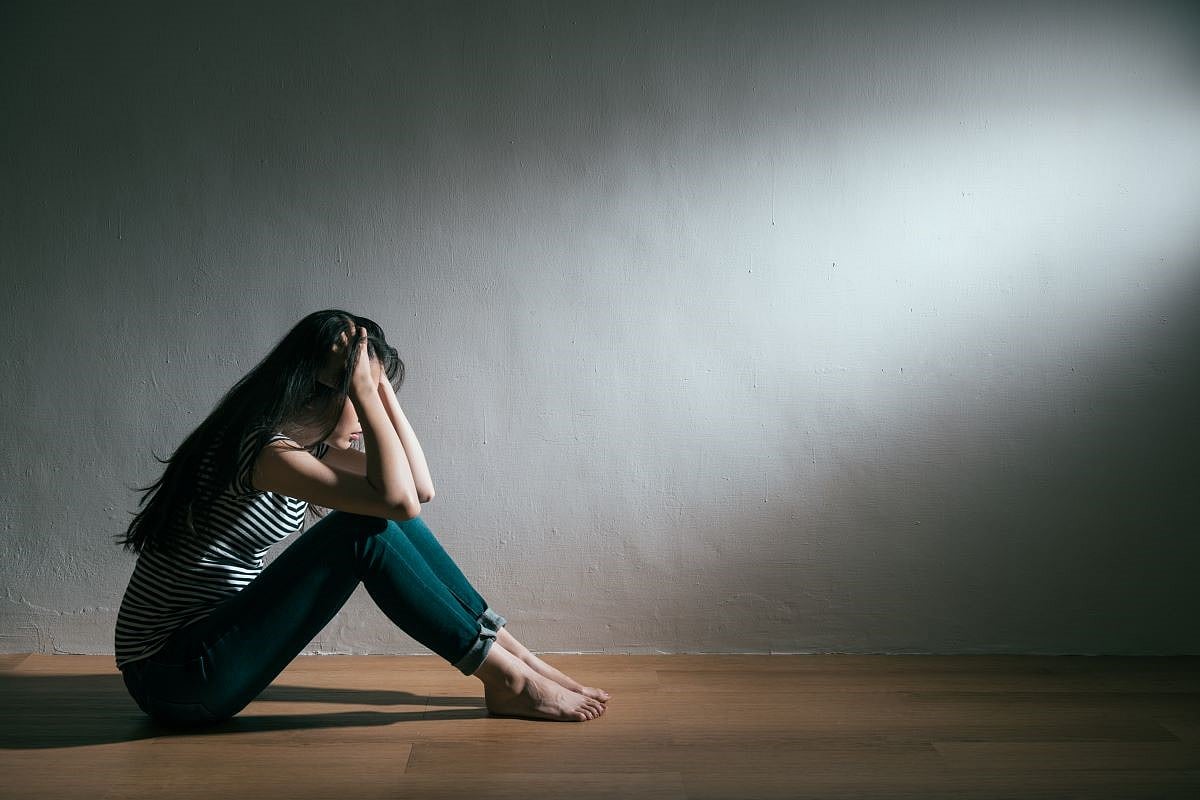Manténgase sano!

- Posted August 6, 2024
Fewer U.S. Teen Girls Are Reporting 'Persistent Sadness'
There's a hint of good news for parents concerned about teen mental health: After 57% of U.S. teen girls surveyed in 2021 said they felt "persistent sadness," that number declined somewhat by 2023, to 53%, new government data shows.
In the latest biennial poll of over 20,000 high school students nationwide, called the Youth Risk Behavior Survey, researchers from the U.S. Centers for Disease Control and Prevention found that pandemic-era rates of despair may be ebbing, although they remain high.
“One of our main priorities at CDC is improving Americans’ mental health,” Dr. Debra Houry, the CDC's chief medical officer and deputy director for program and science, said in an agency news release. “The data released today show improvements to a number of metrics that measure young people's mental well-being -- progress we can build on. However, this work is far from complete.”
In general, girls tend to feel persistent sadness more than boys: About 28% of boys surveyed in both the 2021 and 2023 surveys said they felt that way.
In other survey findings, suicide risk among girls did not change between the two surveys. However, a rise in suicide attempts among Black students that appeared in 2021 has now declined significantly.
“These data show that we've made some progress in tackling these issues in recent years, which proves that they are not insurmountable. However, there's still much work ahead,” Kathleen Ethier, head of the CDC’s adolescent and school health program, said in an agency news release. “But we’re also seeing some really important glimmers of hope."
Still, rates of persistent sadness among lesbian, gay, bisexual and transgender high school students remained troublingly high: About 65% said they felt this way in the 2023 survey, compared to 31% among their cisgender and heterosexual students.
The decline in some markers of mental health woes among teens might be attributed to an increased focus in recent years on timely diagnosis and treatment, said Corinne Catarozoli, a clinical psychologist at Weill Cornell Medicine in New York City. She said that, increasingly, pediatricians are initiating and providing such care when teens come in for a checkup.
Speaking to the Times, Catarozoli said she's seen pediatric emergency visits at Weill Cornell for psychiatry care start to level off over this year.
“This [CDC] data we’re seeing today is promising and shows that we’re on the right track,” Catarozoli said. But, “there is still a long way to go in terms of access and in terms of insurance coverage.”
In other data on the current stressors hitting U.S. teens, the 2023 survey found that nearly 2 in 10 female students said they'd experienced sexual violence, while more than 1 in 10 reported being forced to have sex.
Violence affected LGBTQ teens as well, with nearly 1 in 5 saying they'd skipped school over the past 30 days out of fears of violence. More than 1 in 5 LGBTQ teens also said they'd been bullied over the past year, according to the report.
But certain risks are ebbing. Risky sexual behavior among teens is down, with just 6% of teenagers saying they have had four or more lifetime sexual partners, compared with 15% in 2013, the survey found.
Drinking rates have also fallen, from 35% of teens saying they drink in 2013 to just 22% a decade later. And while 23% of teens said they used marijuana in 2013, that number had fallen to 17% by 2023.
Social media use is rampant among youth, especially girls: By 2023, 82 percent of girls reporting frequent social media use compared with 73 percent of boys.
Racism is still an issue, too: In 2023, exposure to racism at school was reported by more than a third of teens, with Asian students reporting the highest rate, at 57%, and 46% of Black students saying they faced racism at school.
If you or someone you know is in mental health crisis, free, anonymous help is available 24/7 at the 988 Suicide and Crisis Lifeline.
More information
Learn the warning signs of depression in teens at the Mayo Clinic.
SOURCES: U.S. Centers for Disease Control and Prevention, Youth Risk Behavior Survey, Aug. 6, 2024; New York Times







